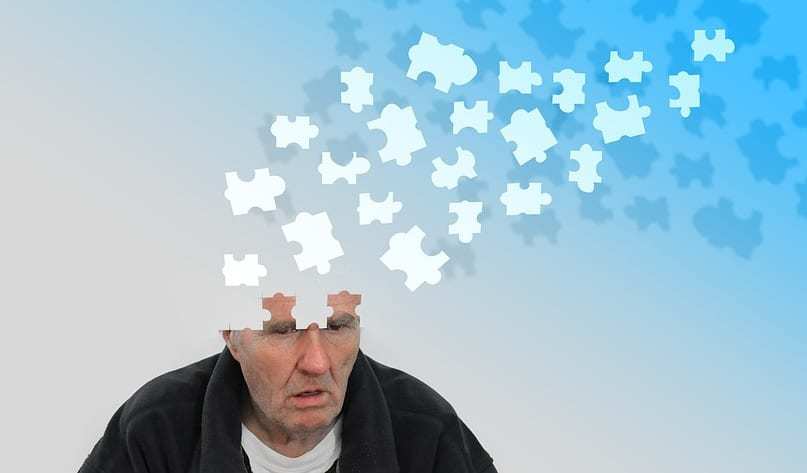Researchers have uncovered some interesting findings after analyzing player game data.
Sea Hero Quest is much more than a simple free mobile game for iOS and Android. It is actually a scientific experiment that was developed to help scientists fight dementia. Initially launched in the spring of 2016, the game has since collected anonymous data from millions of players worldwide. Researchers have studied specific collected data and have now learned some interesting facts like men have better navigational skills than women and navigation abilities decline across adulthood.
Researchers assessed data from over half a million people in 57 countries.
Sea Hero Quest, which was funded by Deutsche Telekom and designed by Glitchers, takes players on a nautical adventure in order to recover the lost memories of the main character’s father. Science-wise, the game anonymously tracks the navigational skills of players. The purpose is to help scientist’s gain greater understanding into spatial navigation, which is a key indicator in Alzheimer’s disease.
For the current study, which was led by researchers from University College London and the University of East Anglia, researchers analyzed data from over half a million players in 57 countries. The data was restricted to player who had provided their age, gender and nationality, and were from countries that had a minimum of 500 participants.
Moreover, the research also corrected for video game ability by comparing participants’ main results to their performance in tutorial levels, which analyzed aptitude with video games, reported the McGill Faculty of Medicine Electronic Newsletter (Med e-News).
Sea Hero Quest players in Nordic nations ranked the highest in navigation skills.
Finland, Denmark and Norway scored the highest in terms of having top navigational skills. These Nordic countries were followed by New Zealand, Canada, the United States and Australia. The researchers speculate that one of the reasons why players from these countries may have scored higher on average compared to players from other countries is due to the fact that in the Nordic countries, orienteering is a popular sport which relies on navigation. Likewise, in New Zealand, Canada, the United States and Australia, each country has high driving rates, which could also boost a person’s navigation ability.
Researchers also learned that men scored higher on navigation than women. That being said, it was noted that in countries where there is high equality between men and women in terms of education, health, jobs, politics, etc. the spatial gap is quite small. However, in countries where this equality did not exist, men scored significantly higher in terms of navigational skills.
The team of researchers also learned that the spatial navigation ability across all countries declined steadily across adulthood.
“The data from Sea Hero Quest is providing an unparalleled benchmark for how human navigation varies and changes across age, location and other factors,” said Tim Parry, Director at Alzheimer’s Research UK (which funded the analysis), as quoted by Med e-News.
“The ambition is to use these data insights to inform the development of more sensitive diagnostic  tools for diseases like Alzheimer’s, where navigational abilities can be compromised early on. With such a huge number of people participating in Sea Hero Quest, this really is only the beginning of what we might learn about navigation from this powerful analysis,” Parry added.
tools for diseases like Alzheimer’s, where navigational abilities can be compromised early on. With such a huge number of people participating in Sea Hero Quest, this really is only the beginning of what we might learn about navigation from this powerful analysis,” Parry added.
